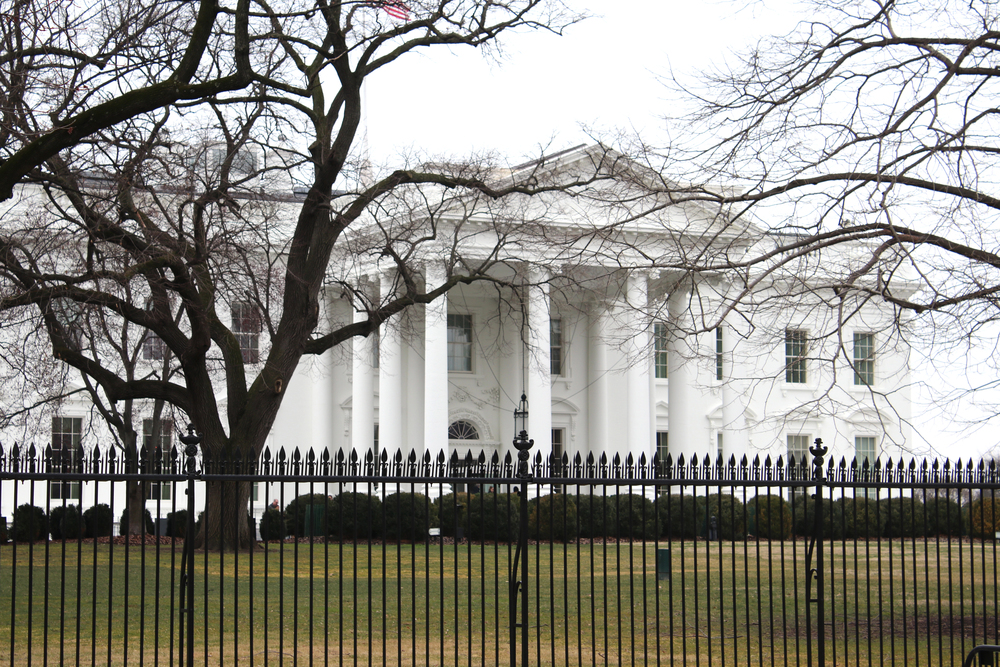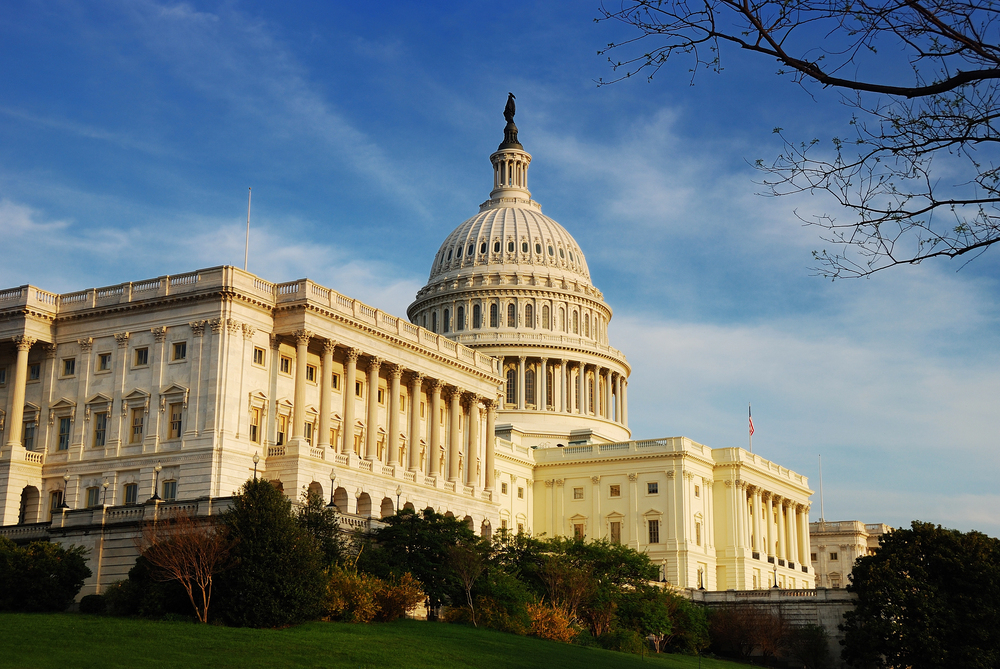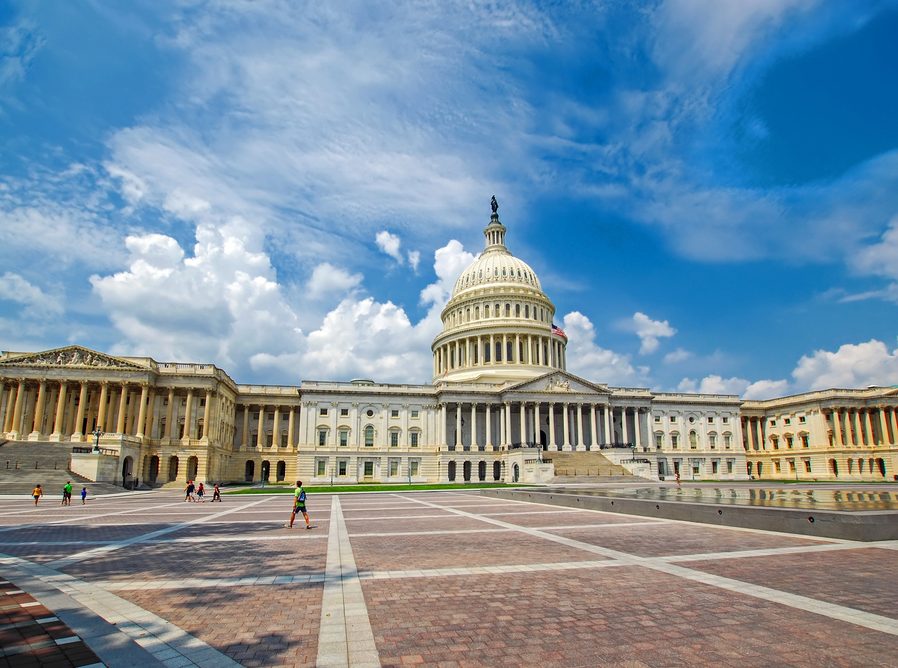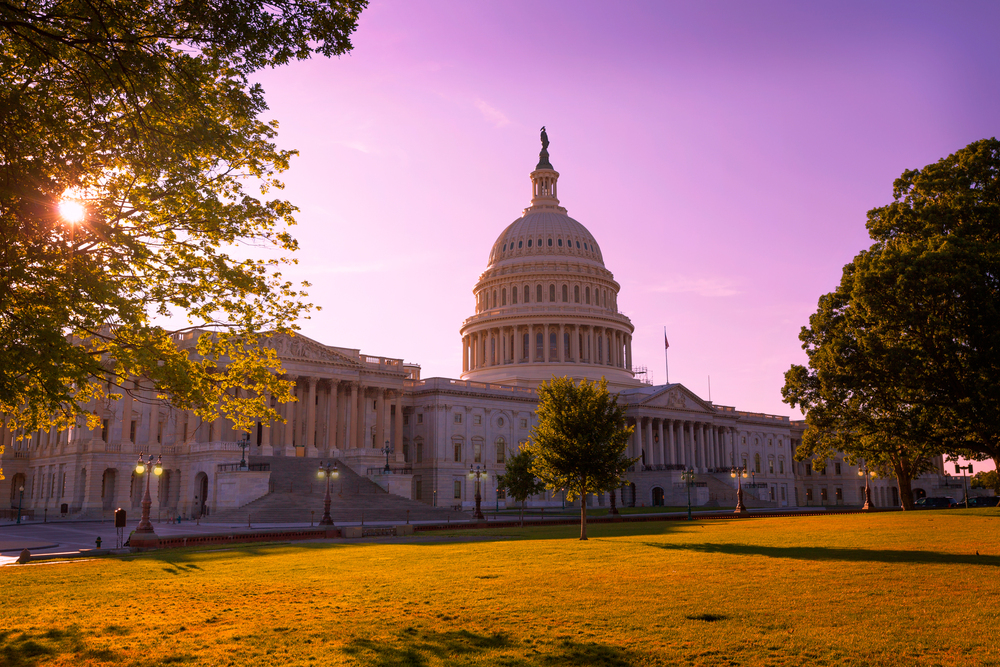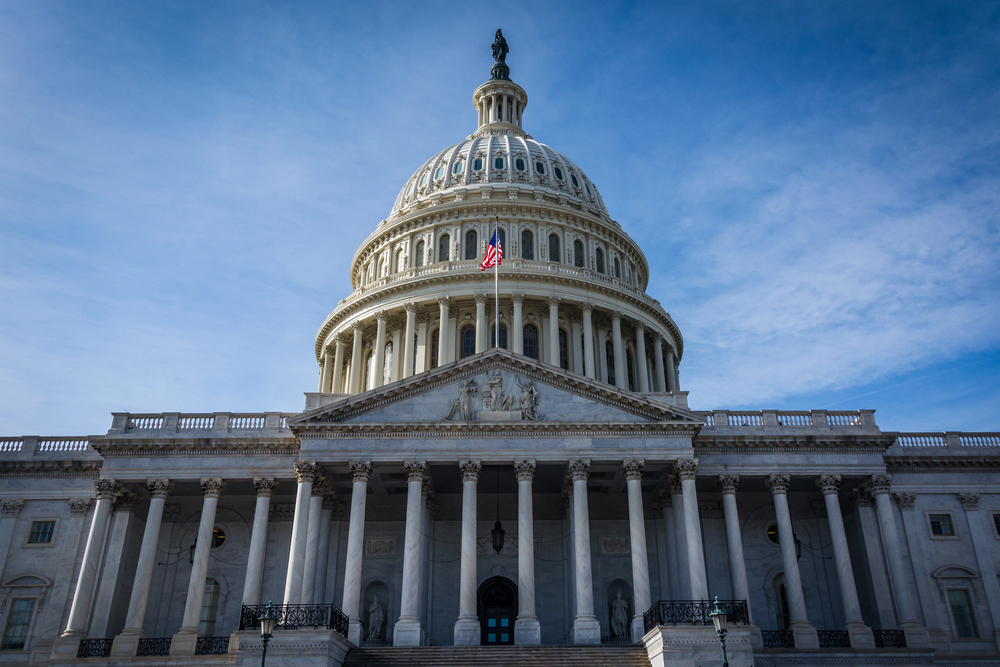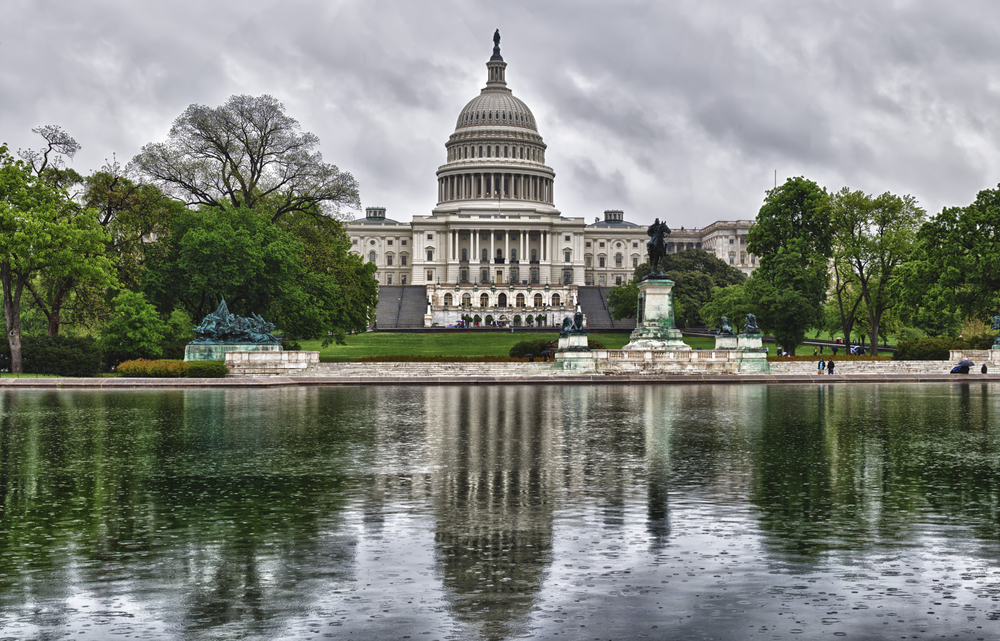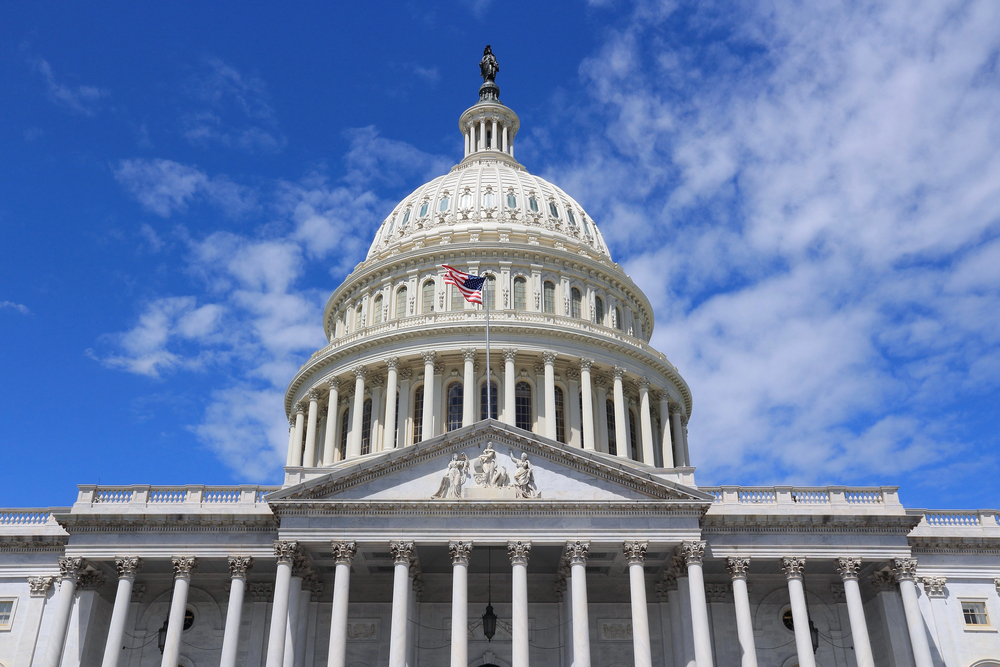Coronavirus: State, Federal Officials Eye Business Interruption Intervention
By: Wes Bissett
As millions of individual Americans and businesses struggle in the midst of the unprecedented coronavirus outbreak, policymakers and government officials are considering what can be done to lessen these hardships and to provide financial assistance to people and entities most in need. Unfortunately, some legislators and others are posing ideas that could threaten the insurance industry and undermine the economy more broadly.
Some have suggested that insurers be required by law to provide compensation for financial losses resulting from the coronavirus crisis as part of a policyholder’s business interruption insurance coverage. These proposals may be well-intentioned, but they are misguided, misdirected and would place an entire financial services sector in turmoil. Business interruption policies generally do not and were not designed to provide coverage against pandemics of this nature, and it would be inappropriate and troubling for insurers to compensate businesses for events that were clearly excluded.
Forcing insurance companies to pay for billions of dollars in losses that they did not agree to cover and did not charge for would be unfair and likely unconstitutional, and making insurers absorb these enormous unanticipated costs would have lasting adverse consequences for the national economy and threaten the viability of individual insurers and agents’ markets for their customers.
Despite the many flaws with this concept, it has been proposed by a small number of state legislators and members of Congress. One such bill was introduced in the New Jersey State Legislature nearly two weeks ago. This proposal has received considerable media attention, but it was not approved by either chamber before state policymakers tentatively adjourned until early May. Similar bills were introduced this week in Massachusetts and Ohio, but many observers do not expect these proposals to be enacted into law.
No federal legislation along these lines has been introduced so far, but several members of Congress have urged insurers to retroactively include coverage for coronavirus losses in business interruption policies or have contemplated legislation mandating such an outcome – either retroactively or prospectively.
Last week, the Big “I” and three sister industry associations responded in writing to a letter from 18 federal legislators calling for carriers to compensate businesses for these uncovered losses. This week, the Big “I” and two insurer trade organizations jointly addressed a similar call from the Congressional Problem Solvers Caucus and pointed out numerous deficiencies and problems with the proposal.
One of the most distressing aspects of retroactive coverage mandate proposals is that they offer false hope to many Americans who are suffering and do nothing to address the plight of businesses that did not purchase business interruption coverage of any kind. The reality is that any such measure that makes it through the legislative process will almost certainly be challenged in the courts and very likely overturned.
The good news is that most policymakers and regulators have not called for such backward-looking governmental action. In fact, the two most prominent organizations of state officials with expertise in the insurance sector have spoken up and expressed significant concern.
In a statement issued by the National Association of Insurance Commissioners yesterday, the regulator group cautioned against and expressed opposition to “proposals that would require insurers to retroactively pay unfunded COVID-19 business interruption claims that insurance policies do not currently cover.” They noted that “[b]usiness interruption policies were generally not designed or priced to provide coverage against communicable diseases” and that any proposals to require the payment of claims that are not covered “would create substantial solvency risks for the sector, significantly undermine the ability of insurers to pay other types of claims, and potentially exacerbate the negative financial and economic impacts the country is currently experiencing.”
The National Council of Insurance Legislators (NCOIL) also weighed in yesterday in letters to state leaders and members of Congress. The organization stated that such proposals are “inadvisable for policy and economic reasons” and “very likely unconstitutional,” and they expressed concerns about the damage this would cause to the broader economy. NCOIL noted that legislative action to require payment for such losses would destabilize insurance companies, “render them unable to pay claims for which they did accept the risk,” and “jeopardize the solvency of any number of insurers.”
The Big “I” and its members certainly understand the frustration and uncertainty that families and businesses are facing. We are in the midst of a national crisis that requires a significant and swift national response, and the Big “I” will continue to work with state officials and Congress on solutions that address the current economic crisis in the short term and better prepare our country for similar devastating events in the future.
Wes Bissett is Big “I” government affairs senior counsel.
To help Big “I” members respond to the coronavirus epidemic, the association created a resource page, which will be updated as the outbreak develops.

